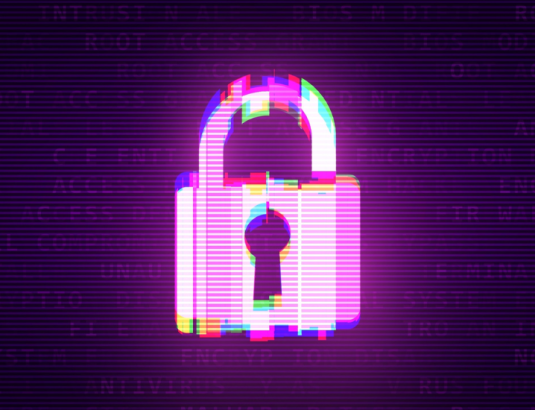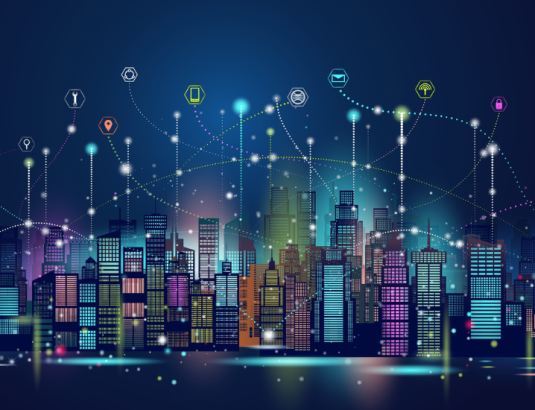


Technology & Environment
In an era marked by rapid environmental change, critical questions arise: Can technology play a crucial role in combating serious environmental challenges?
The answer is yes. Technology, particularly the Internet of Things (IoT) and Information and Communication Technologies (ICT), have the potential to significantly alleviate the impacts of the climate crisis when used effectively.
Beyond organizational applications, IoT systems can be deployed in vital environmental interventions that may not be immediately obvious, such as flood management, wildfire prevention, and pollution monitoring. At the same time, innovative technologies, like smart buildings, connected vehicles, and wearable devices, are contributing to these efforts in impactful ways.
ICT systems, by acquiring, transmitting, and visualizing data in digital formats, can also aid in addressing climate-related issues. They support the transition to a circular economy and assist in environmental monitoring and prevention strategies.
A prime example of the synergy between IoT and ICT is the use of sensors that collect vast amounts of real-time data, enabling accurate prediction of future phenomena, such as weather patterns and extreme weather events.
Smart grid technology is another area where innovation makes a difference. It enables efficient management and distribution of renewable energy sources like solar, wind, and hydrogen. By utilizing digital communication systems to collect data on energy usage and distribution, utility companies can detect and resolve service issues quickly and effectively.
Addressing Key Environmental Challenges:
Energy Efficiency
Smart grids and smart meters, powered by IoT devices, facilitate real-time communication between suppliers and consumers. This allows suppliers to manage energy demand more effectively, optimize distribution networks, reduce energy consumption, and lower costs.
Air Pollution Reduction
Real-time monitoring systems collect and analyze environmental data to identify the causes and fluctuations of pollution. For example, integrating data from traffic cameras and vehicle GPS systems can help reduce CO₂ emissions by improving traffic flow and identifying high-emission zones.
Water Conservation
Remote sensing technologies, such as smart soil moisture sensors, can be deployed in agricultural areas to monitor water usage and optimize irrigation. This leads to more sustainable water management.
Smart Agriculture
Advanced agricultural technologies enable the collection of detailed data on soil conditions and crop health. This information is used to improve yield, reduce waste, and create more sustainable farming practices.
Info Quest Technologies stands at the forefront of innovation, delivering reliable ICT solutions that support sustainable development goals. Through our commitment to digital transformation, we empower organizations to adopt smart technologies, streamline operations, and embrace eco-friendly practices.




